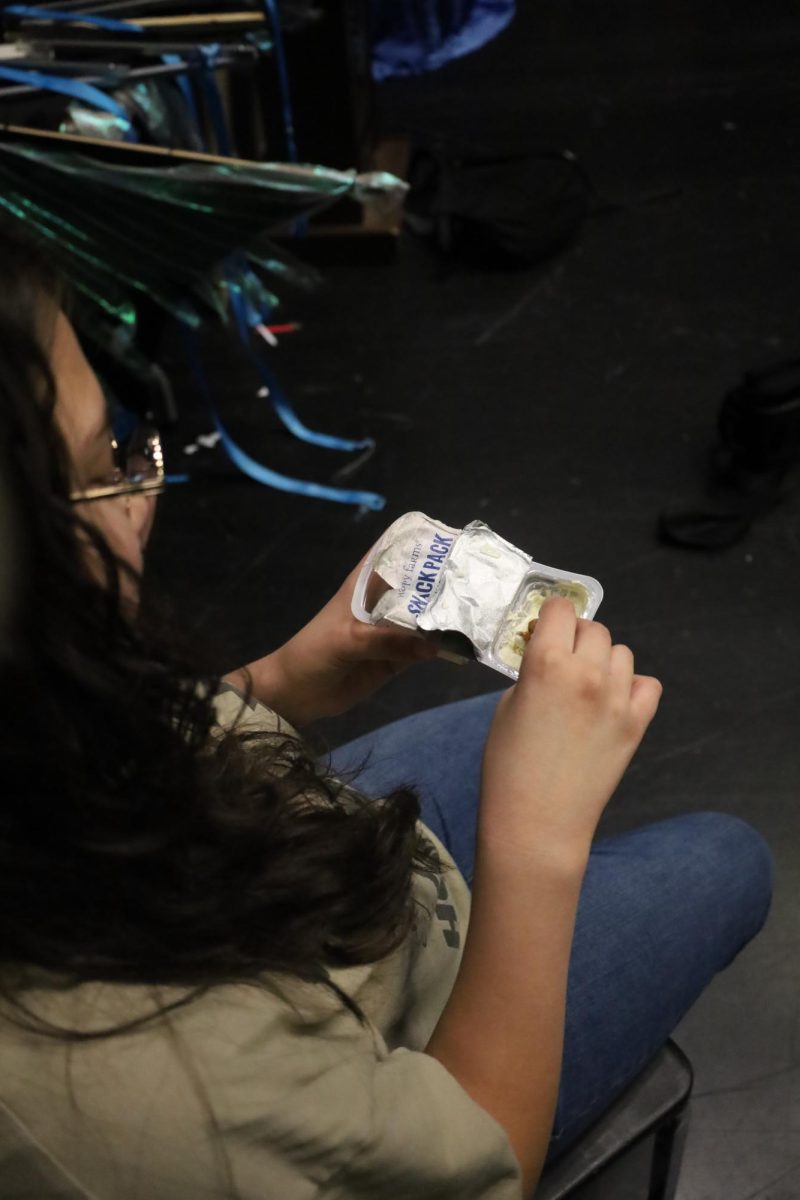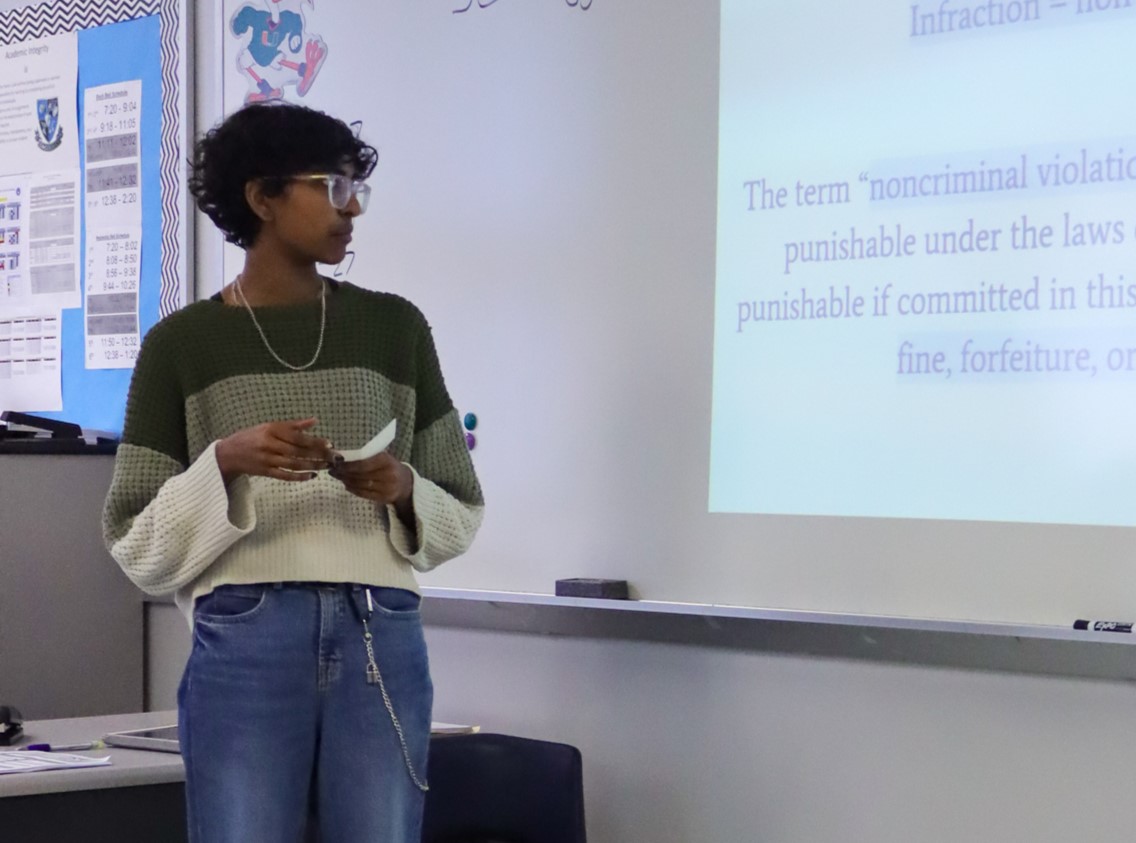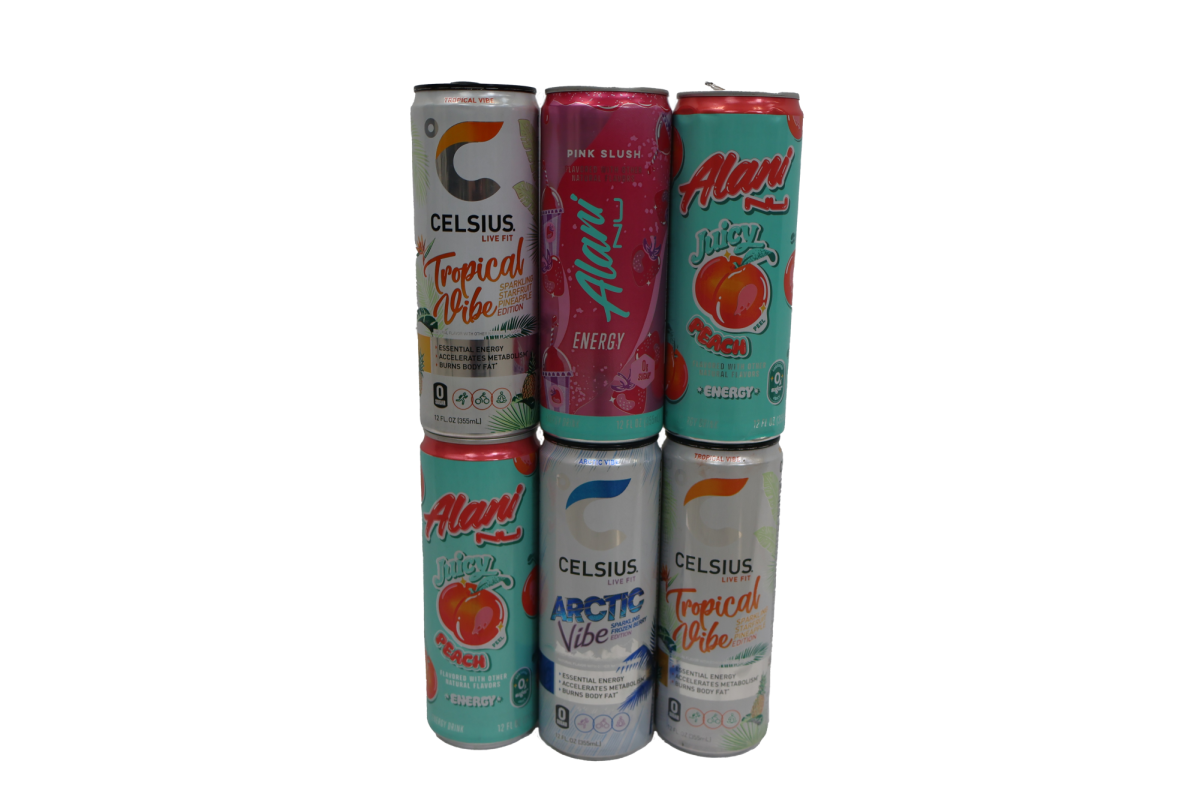Sophomore Scotland Rafter enjoys hanging out with her friends at restaurants. When her friends choose to eat at Taco Bell, she checks the menu for something she can eat and … there’s nothing. So, she sits in silence while her friends order their food and she watches them eat as all she gets is a side.
Meatless diets come in many shapes and sizes, most common being vegan and vegetarian, which both have multiple subcultures of diets. Many vegetarians consume eggs and dairy products but refrain from the consumption of animals, while vegans do not eat any animal byproducts. These are different from other “meatless” diets like pescatarian, which is the same as vegetarian, except they also eat fish.
People stop eating meat for a variety of reasons, whether ethical, health, environment or just as a preference. More and more people have switched to meatless diets.
Sophomore Scotland Rafter became a pescetarian due to its health benefits.
“I chose pescatarian over vegan because fish is a healthy alternative to ‘meat’ without the chemicals and hormones they give other animals. And it’s a good source of protein,” Rafter said. “I don’t think I’ll go back to eating meat. I know that my insides are probably thanking me, and it’s overall better for me.”
Rafter’s mom is vegan and offered support through the challenges faced when switching to being meatless.
“She was giving me tips and points and telling me to remember why I’m doing this, and eventually it just became second nature,” Rafter said. “When I started not eating meat it was very hard since it’s in most meals, it was also difficult Since my brother eats meat so I thought it was unfair even though I was doing it to myself.”
Similarly, junior Isabel Breitsprecher transitioned to a meatless diet, however, she did it for ethical reasons.
“I switched because it didn’t feel right eating animals anymore,” Breitsprecher said. “I had been thinking about it from the moment I had become friends with a vegetarian, but it was finalized when my parents told me that they saw an alligator and then ate one. I wasn’t okay with that for some reason. So I [became] vegetarian. “
When making the switch, Breitsprecher had support from many people in her life.
“Thankfully my parents were able to help me with it, and they found a lot of meals that they could make that didn’t have meat in it. And I had a really close friend at the time who was vegetarian, and her family also helped,” Breitsprecher said.
While many students have had positive experiences with their new diets, there are many challenges that are difficult to properly accommodate. For senior Macy Drewry it’s eating out.
“It is very challenging to eat out at restaurants,” Drewry said. “More likely than not, we [vegetarians] have to modify and substitute every meal we eat, which can be challenging for both us and the restaurant.”
The challenges of finding appetizing meatless foods are not just felt outside of school walls, as vegetarians are often unhappy with the selection of school lunch options available.
“The hummus doesn’t really taste great, and the pizza’s … you know, it’s cold pizza,” Breitsprecher said. “A lot of the salads that they offer come with meat selections … [the meat and the salad] all mixes together. So you can’t just get a salad.”
However, the lunch staff are more than willing to accommodate. Don’t want meat with the nachos? Just ask and they’ll leave them out. However, most of these meals are designed around meat and without the main component there is not much.
Because of the challenges of getting accommodated at school, many students have found creative alternatives for lunch. The most common practice being to make their own lunch.
“Some of my favorite meals to make at home are avocado toast and a wrap with vegetarian chicken strips, spinach, and feta,” Drewry said. “My absolute favorite meal to cook is jasmine white rice with tofu that I season and pan-fry, seasoned broccoli, and vegetarian tofu dumplings. Throughout the day, I enjoy eating fruits, whether they are fresh, dried, or in a smoothie.”
Regardless of the hardships and challenges of these diets, they bring endless joy and pride to the community who chose to partake in it.
“I have absolutely no regrets being vegetarian, and nothing will change my mind,” Drewry said. “I believe everyone should try going meatless, even for a short time, because why not. I think trying a vegetarian diet can be an interesting switch up and you can decide which diet is better for you.”








